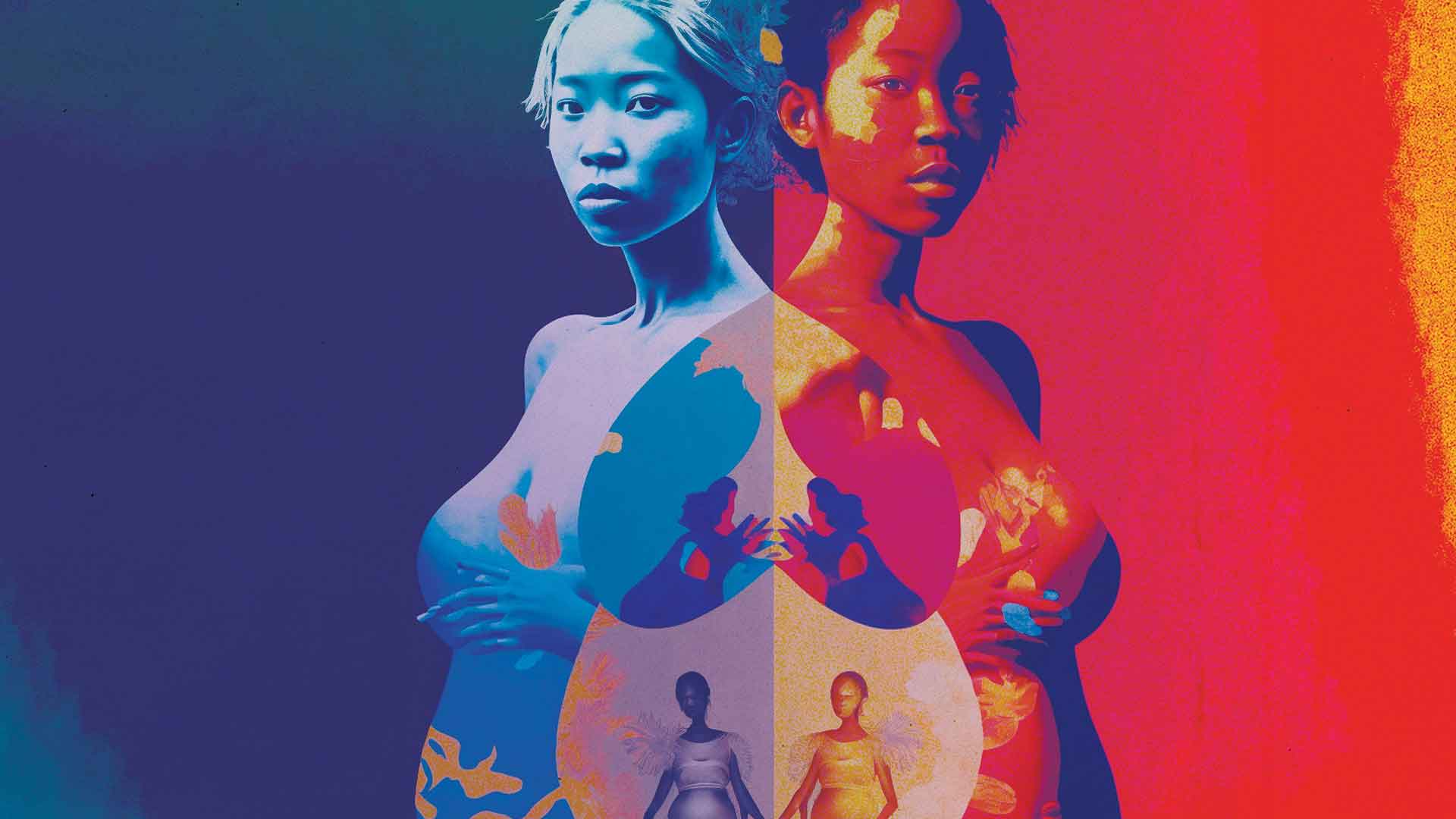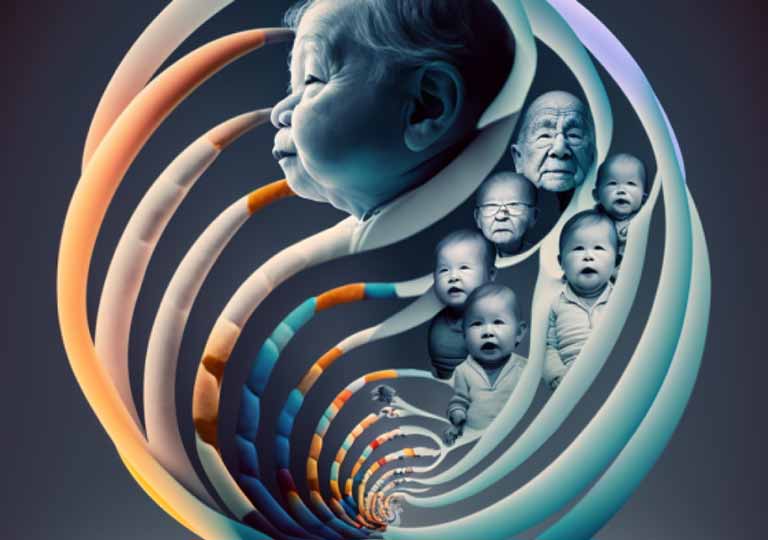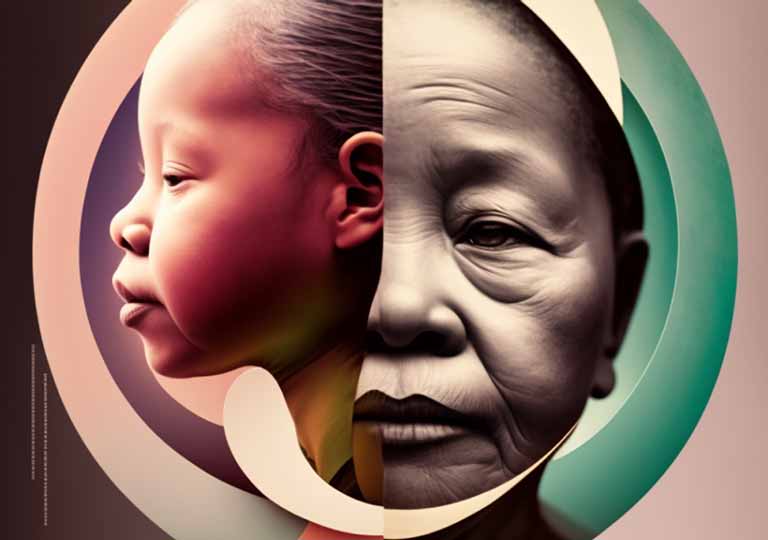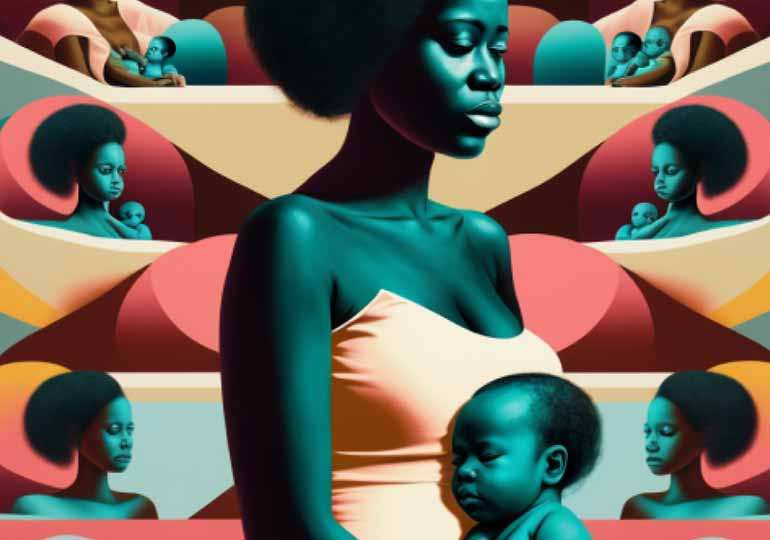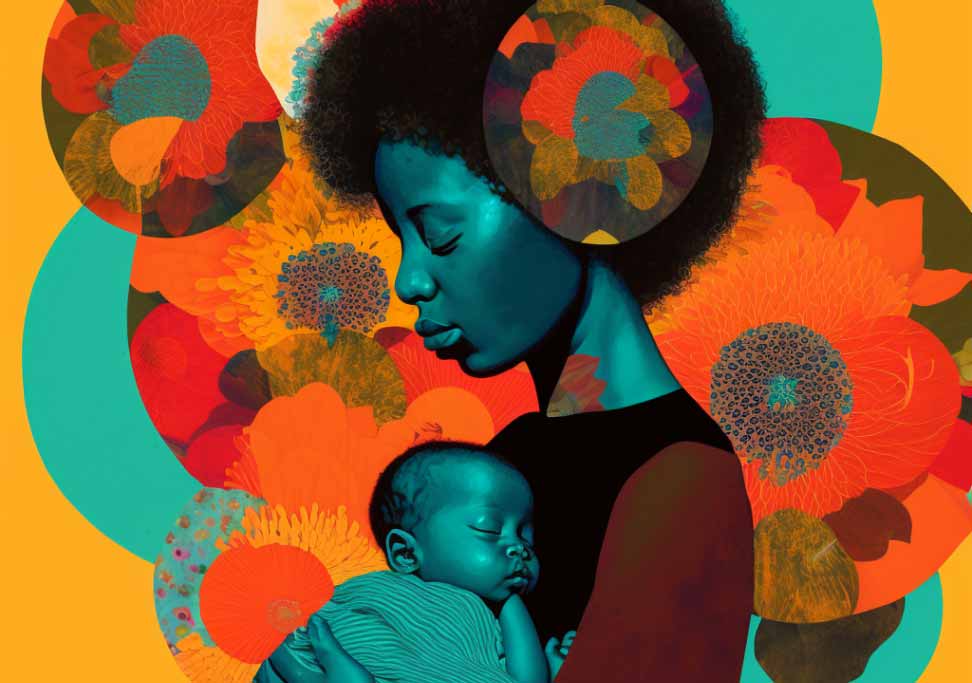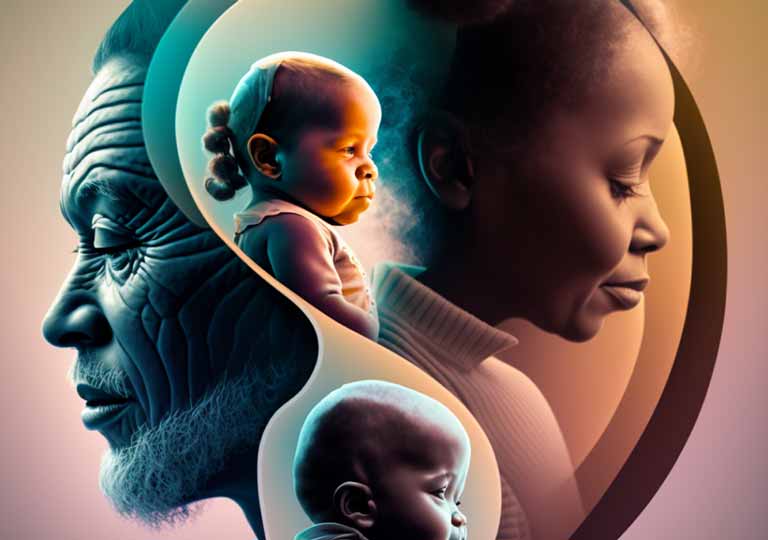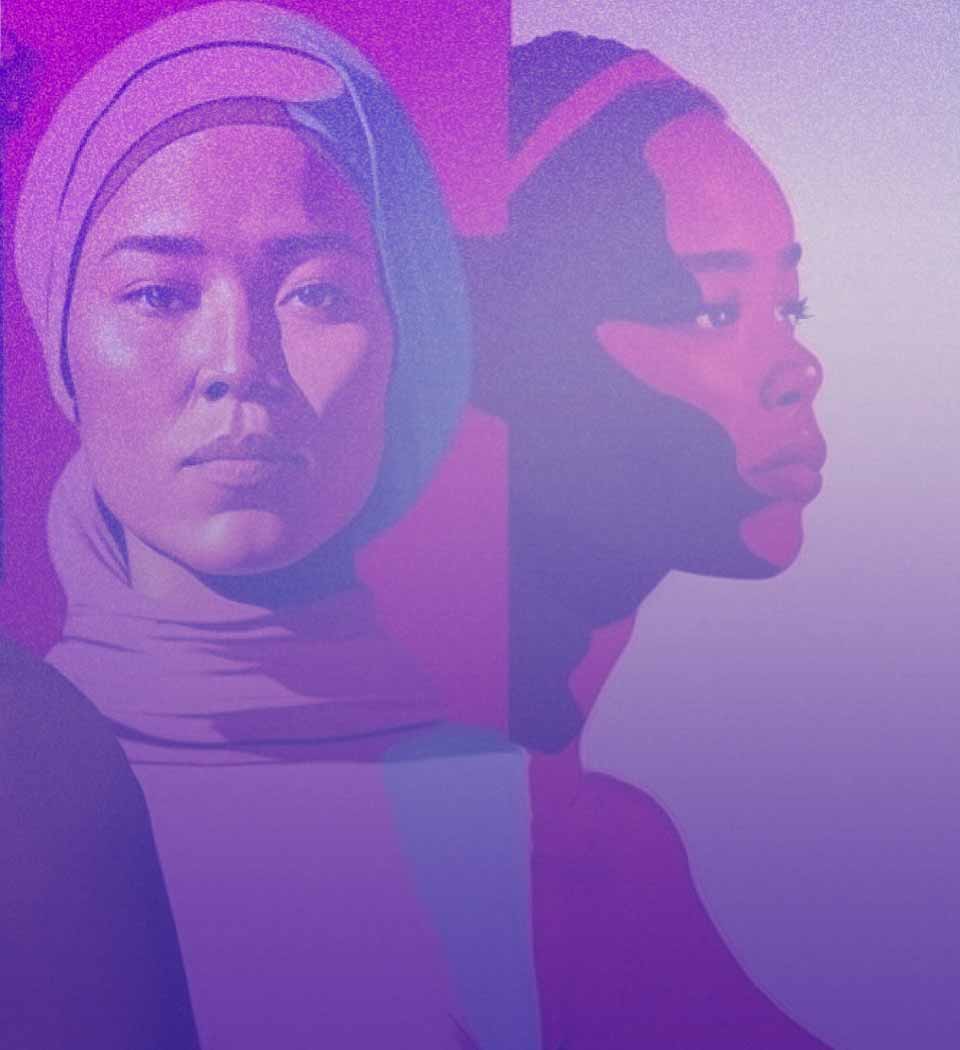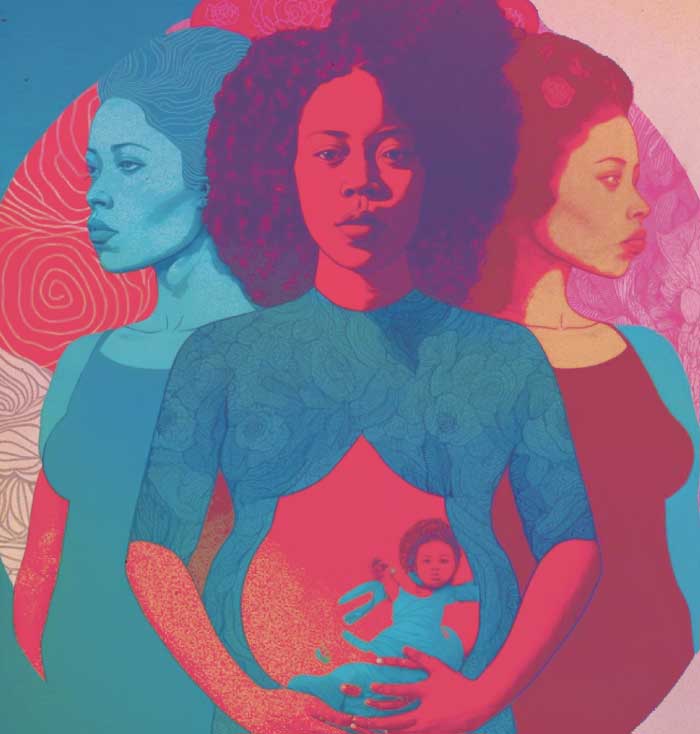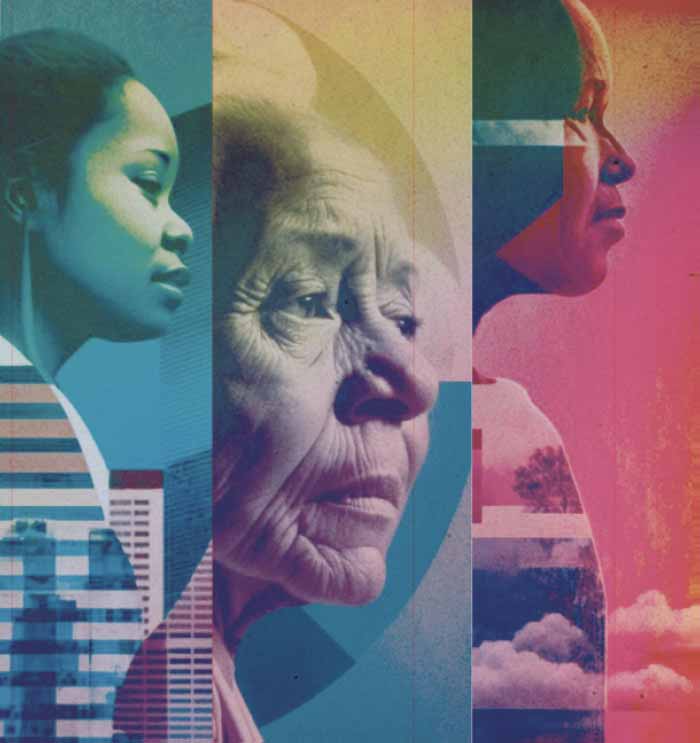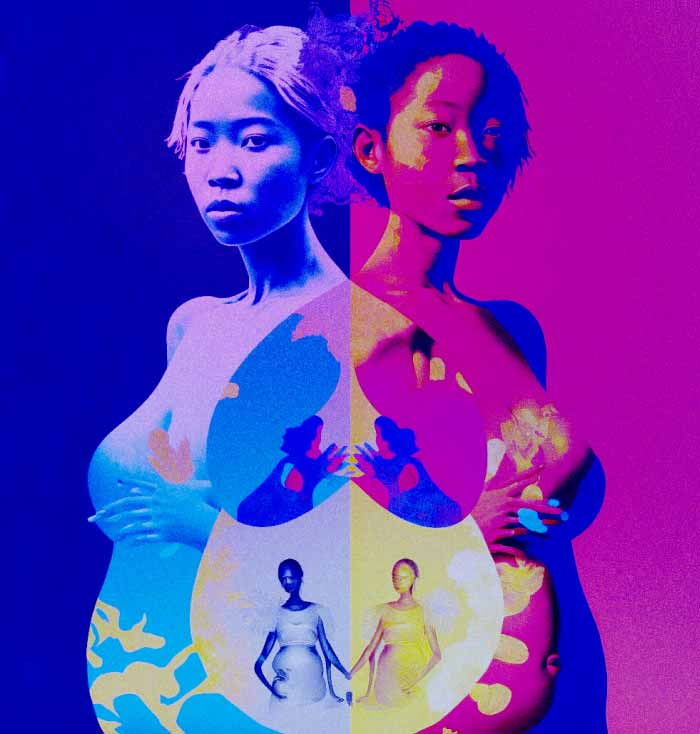
In reality, women’s intended fertility often does not match their achieved fertility. When birth rates move toward extreme highs or lows, this can be a red flag that women’s reproductive choices are being abridged in one direction or another – with profound consequences for their bodies, futures, families and communities.
Importantly, the number of children that women want to have is often omitted from conversations about birth rates.
When we devise population policies without investigating what individuals want for their bodies and futures, we miss a central point: In order for a population to be maximally healthy and empowered to contribute, innovate and thrive, its people must enjoy – as a precondition – the fulfilment of their rights and choices.
As a woman, I struggle with the fact that marriage and childbirth greatly affect my career plan, which would never happen to a man. I do not want to choose a family or my career.”
So much of our culture is geared around kids and so when you don’t have kids … suddenly there again is that awkwardness, not knowing what to do with you, well you don’t really fit in do you?”
I talked with friends about one acquaintance: Her uterus had been removed and only a surrogate can carry a child for her. My friends unanimously said: “That’s insane!! A decent woman cannot carry, give birth and then give a child away!”
She is mocked if she is [pregnant and] not married, especially a teenager. She will be shy to come out, staying indoors because (her peers) will gossip and look at her… insult and laugh at her. Things will change because no one wants to walk with a bad girl.”
When I got pregnant and found out, the doctor was really, really mean… She was the one that told me, ‘You're not having this baby… She had a talk with me and [the baby's] dad: “You guys are not having this baby…why are you gonna ruin your lives?””
I was told it wasn’t natural for a woman not to want children when I was asked if I had children.”
Not having children was devastating and I cried for years, but the discrimination and exclusion is extraordinary. Nothing can prepare you for how downright mean people are. Nothing… The constant message is that you are not an adult like parents are adults and that you don’t know what love is.”
I used to think that I could get married anytime and prioritized my career, but now I am almost 40 years old. I have a lifelong partner, but we cannot receive financial support for infertility treatment because we are not legally married. I want a society where unmarried couples can also have the same treatment as married couples.”
Many people view me as odd or abnormal because I have never wanted children. Many view me negatively because of this and make value judgments about my life. Some appear to feel sorry for me, and some are downright hostile.”

